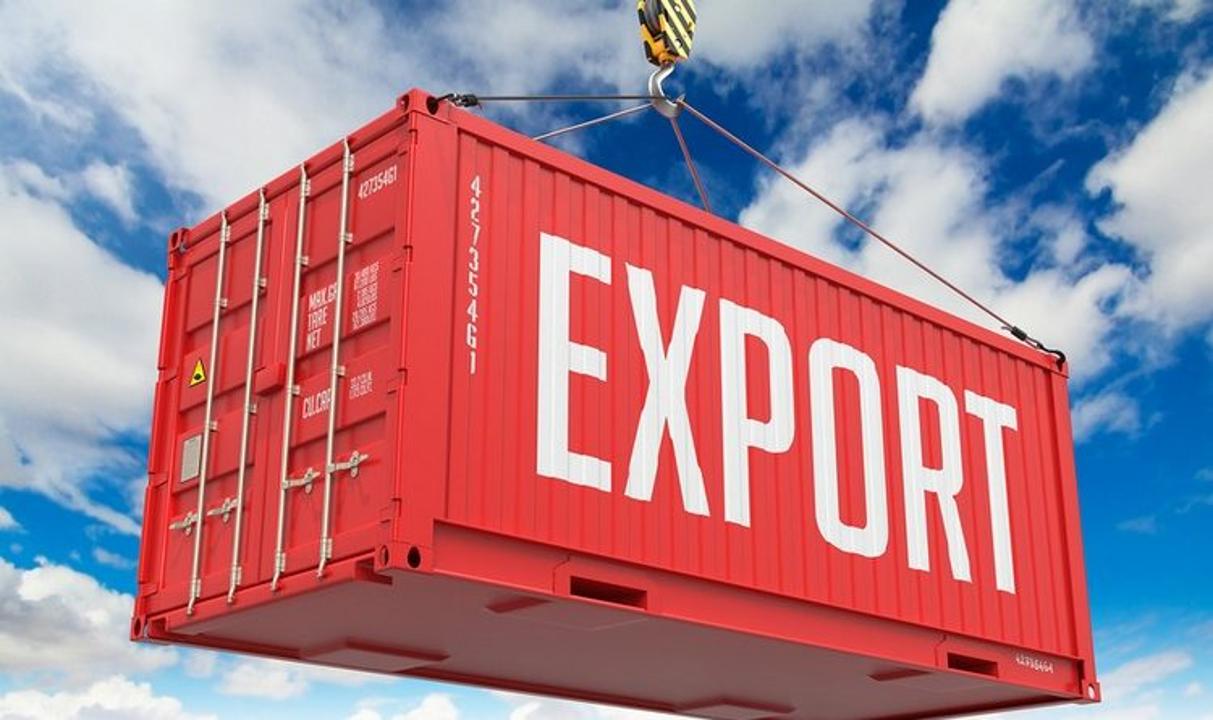ASTANA – QazTrade Trade Policy Development Center has disclosed the primary goods of Kazakhstan’s non-oil exports in 2023, Kazinform reported on Feb. 26.

Photo credit: gov.kz
Exports of inorganic chemical products, including uranium, aluminum oxides, inert gas, chromium oxides, phosphoric acids, and carbides, totaled $4.3 billion.
Kazakhstan exported ferrous metals worth $4.1 billion, comprising ferroalloys, hot-rolled steel, cold-rolled steel, clad steel, semi-finished steel, and steel rods.
The export value of copper and copper products reached $3.2 billion, with copper cathodes contributing 98.9%.
Kazakhstan-supplied equipment and mechanical devices are estimated at $1.8 billion, involving fuel rods, bearings, road and construction equipment, and pipeline fittings.
Exports of mineral fuels totaled $1.6 billion, primarily petroleum products and natural gas.
Kazakhstan exported electrical machinery and equipment worth $1.2 billion, while the export value of precious metals stood at $1.1 billion.
QazTrade also named the reasons for the decline in exports of some Kazakh goods in 2023, identifying a decrease in export prices as the leading cause.
Export prices for unrefined oil have declined 31% in euros or 28% in tenge since October 2022.
Despite a 2% increase in flour supplies in physical volume, export prices experienced a decrease.
The same scenario applies to sulfur exports, where the physical volume saw a 13% growth. In 2023, the average price witnessed a threefold decrease compared to the prices in 2022.
Meanwhile, the domestic market for liquefied gas faced a deficit, affecting gas export reduction.
Raw aluminum exports to the European Union decreased by 30% due to lower production volumes attributed to high energy prices.
Reduced imports from Indonesia, Japan, Russia, and the United States significantly reduced ferroalloys exports.
Supplies of petroleum products to the Netherlands and Türkiye declined by 37.1% as they started sourcing goods from nearby countries or using import substitution.
Falling world prices and reduced imports by Türkiye and Russia contributed to the decline in raw zinc exports.

